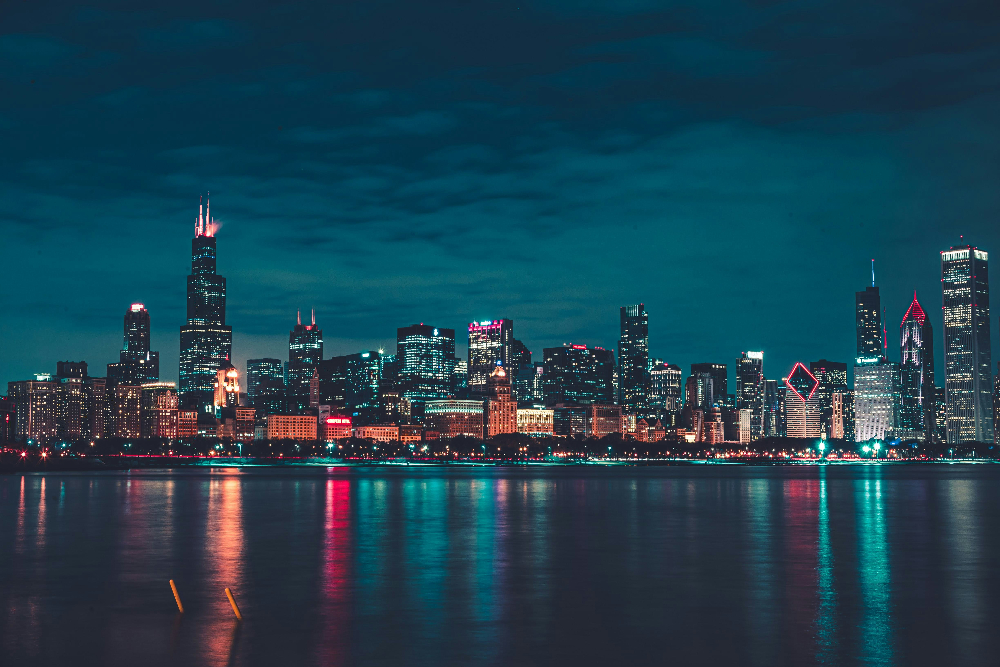
During a rare holiday session, the Illinois State Senate approved a budget that includes a massive, and progressive, tax hike on sports betting operators. Under the terms of HB 4951, Illinois’ licensed sports betting operators would be taxed on a tier based on adjusted gross revenue (AGR) with the top tiers paying 40 percent. It’s a move that’s not popular with the sportsbooks, who are mapping out an aggressive strategy to fight the new tax.
Sports betting has been regulated in Illinois since 2021 and taxed operators at a pretty friendly rate of 15 percent. Since then, lawmakers have been discussing raising that rate. Recently, Governor J.B. Pritzker proposed hiking the rate to 35 percent. Inspired by the governor, state senators added an amendment to the 2025 state budget taxing operators on a sliding scale. The proposed tax scheme is as follows:
*AGR $30 million 20%
*AGR $30 million to $50 million 25 percent
*AGR $50 million to $100 million 30 percent
*AGR $100 million to $200 million 35 percent
*AGR $200 million or more 40 percent
It’s also worth noting that HB 4951 distinguishes between land-based and online sportsbooks and will tax each arm of an operation individually.
Not surprisingly, the new tax tax proposal is not sitting well with operators, or their trade lobbying group the Sports Betting Alliance (SBA). In a statement reported on by SBC Americas, SBA President Jeremy Kudon slammed the proposal saying, “This tax hike will mean worse products, worse promotions, and inevitably, worse odds for Illinois customers – not to mention provide a massive leg up to dangerous, unregulated and illegal offshore sportsbooks who pay no taxes and adhere to none of Illinois’ sports betting regulations.”
The next step for the Illinois progressive sports betting tax is to go back to the State House of Representatives for approval of the Senate’s amendments. If passed into law, Illinois would have the second-highest operator tax rate in the country, right behind New York’s massive 51 percent.